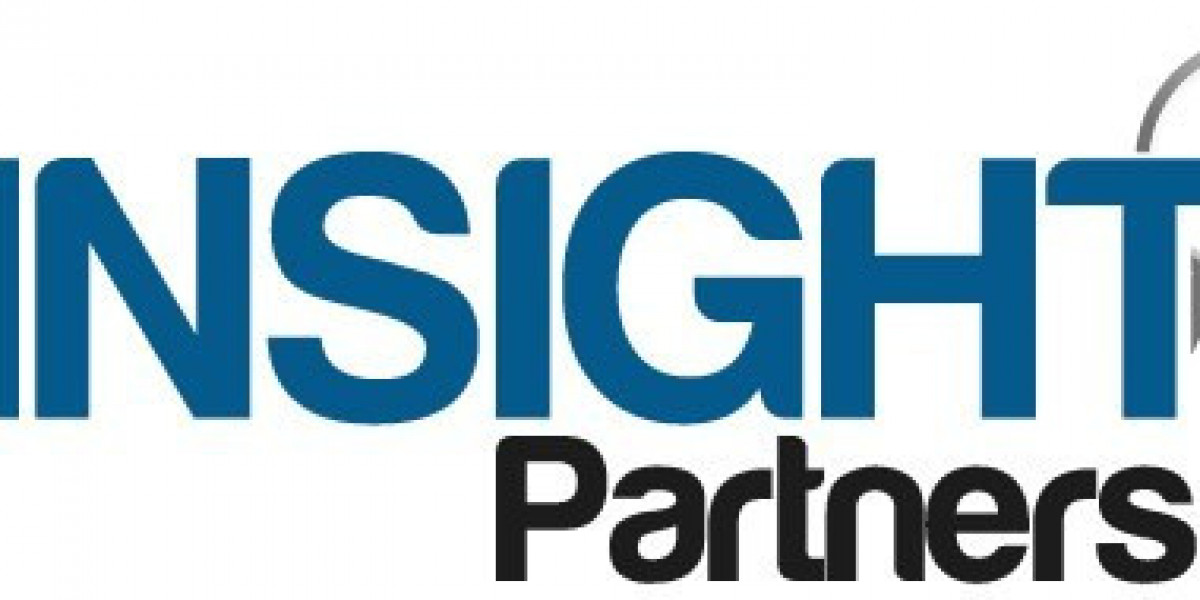Attention-Deficit/Hyperactivity Disorder (ADHD) is a neurodevelopmental condition that affects millions of individuals, making it challenging to focus, stay organized, and manage time effectively. While ADHD can present significant hurdles, various strategies can help individuals navigate daily life more smoothly. This article explores effective methods for managing ADHD, offering practical tips for improving focus, organization, and overall well-being.
Understanding ADHD
ADHD symptoms is characterized by symptoms such as inattention, hyperactivity, and impulsivity. These symptoms can manifest differently in each person, leading to unique challenges. Understanding how ADHD affects daily life is crucial for implementing effective management strategies.
The Importance of Awareness
Recognizing the specific ways ADHD impacts you or your loved one can provide valuable insights into which strategies may be most effective. Keeping a journal of behaviors and feelings can help identify patterns and triggers.
Establishing Structure and Routine
Creating a Daily Schedule
One of the most effective ways to manage ADHD is by establishing a structured daily routine. A consistent schedule helps individuals anticipate what comes next, reducing anxiety and distractions.
Whether digital or paper, planners help track tasks and appointments.
Allocate specific time slots for different activities, ensuring that each task has a dedicated focus period.
Setting Up Reminders
Reminders can be instrumental in keeping individuals on track. Use alarms, calendar alerts, or apps designed for task management.
Sticky notes in prominent places can serve as gentle nudges for tasks that need to be completed.
Enhancing Focus and Concentration
Break Tasks into Smaller Steps
Large tasks can be overwhelming for individuals with ADHD. Breaking tasks into smaller, manageable steps can make them feel less daunting.
If a task takes two minutes or less, do it immediately. This approach can help clear minor tasks quickly, leading to a sense of accomplishment.
Utilize Focus Techniques
Various techniques can enhance concentration, such as the Pomodoro Technique, which involves working for a set period (typically 25 minutes) followed by a short break.
Mindfulness and meditation: Practicing mindfulness can help improve focus over time by training the brain to concentrate better.
Organizational Strategies
Decluttering Your Environment
A tidy environment can significantly enhance focus and reduce distractions.
Minimalism: Keep only essential items in your workspace and home to reduce clutter.
Set aside time weekly to organize and declutter your space.
Utilizing Organizational Tools
Various tools can aid in organization:
Use different colors for tasks, appointments, or categories to enhance visual organization.
Create daily or weekly checklists to keep track of tasks and responsibilities.
Managing Time Effectively
Prioritizing Tasks
Understanding how to prioritize tasks can make a significant difference in managing ADHD. Use methods like the Eisenhower Matrix to distinguish between what is urgent and important.
Label tasks as A (most important), B (important but not urgent), and C (least important) to help focus on what truly matters.
Limiting Time on Distractions
Identify common distractions and implement strategies to minimize their impact.
Designate specific times for social media or phone use, allowing for breaks while ensuring focus during work periods.
Building a Support System
Seeking Professional Guidance
Working with a mental health professional or ADHD coach can provide personalized strategies and support. Therapy can help individuals develop coping mechanisms and improve self-awareness.
Engaging with Support Groups
Connecting with others who have ADHD can provide invaluable insights and encouragement.
Online forums and local meetups: Sharing experiences and strategies can foster a sense of community and reduce feelings of isolation.
Encouraging Healthy Lifestyle Choices
Regular Exercise
Physical activity can help manage ADHD symptoms by boosting mood and enhancing focus.
Find enjoyable activities: Whether it’s dancing, hiking, or playing a sport, engaging in regular exercise can improve overall well-being.
Prioritizing Nutrition
A balanced diet can significantly affect concentration and energy levels.
Focus on whole foods: Incorporate fruits, vegetables, lean proteins, and whole grains into daily meals.
Dehydration can negatively impact cognitive function, so drinking enough water is essential.
Developing Coping Strategies
Embracing Flexibility
ADHD can sometimes make it challenging to stick to plans. Developing the ability to adapt and be flexible can reduce frustration.
Practice self-compassion: Acknowledge that it’s okay to make mistakes or deviate from plans. Learn to adapt and move forward.
Journaling and Reflection
Keeping a journal can help individuals reflect on their daily experiences, thoughts, and feelings.
Regularly writing can help identify patterns and triggers associated with Diagnosing ADHD, leading to better management strategies.
Conclusion
Managing ADHD in daily life requires a multifaceted approach that includes structure, focus enhancement, organization, time management, and lifestyle choices. By implementing these effective strategies, individuals with ADHD can improve their quality of life, enhance their productivity, and foster greater self-awareness. While the journey may have its challenges, the right strategies can make daily life more manageable and fulfilling. Remember, it’s essential to be patient and compassionate with yourself or your loved ones as you navigate this journey together.






